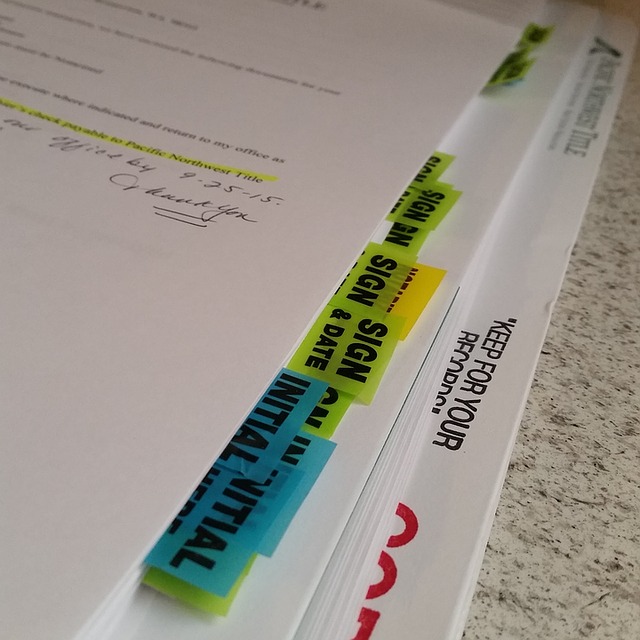

Updated on May 6, 2021
What are some of the different ways to record real estate documents in California? Our Los Angeles based real estate attorneys have extensive experience recording all types of documents in counties throughout California.
There are a variety of reasons why a real property owner may need to submit a document for recording at the local county recorder’s office. You may have a notarized deed transferring property to a loved one, or an executed easement agreement with a neighbor to record, or a deed for the purchase of a new property.
In California, there are several ways to record real estate documents:
1. In-person submission
Under this option, a person or his messenger service may visit the county recorder’s office to submit the recording over the counter. During the COVID-19 pandemic, the county recorder’s offices may be closed for in-person submission, so please check to see what other recording options are available by visiting the county recorder’s official website or call the hotline for the county where the property is located.
2. Mail-in recording
Typically, a document may be mailed to the county recorder’s office with the required fees, documents for recording, completed preliminary change of ownership report, and relevant information about the identity of the person submitting the recording, and the name and address where the document is to be returned.
3. Use of a title company or attorney courier service
Typically, if someone is using an escrow company to complete a sales transaction for a property, the title company involved in the transaction will assist in submitting the documents for recording.
Even if you are not in a situation where an escrow company is involved, you may still hire a title company or attorney service to submit documents for recording on your behalf for a fee. These third party services may submit your documents by messenger, or they may be authorized to submit documents for recording online. Online recording is regulated by the attorney general’s office and there are a specific set of rules as to whom may use the software with which to submit documents for recording, so this option is not available to everyone.
To be clear, recording services may vary by county, so please be sure to visit the website or call the hotline for the county where the property is located.
Finally, we cannot emphasize enough that it is extremely important to read the specific rules for submission and meet all of the requirements set forth by the specific county recorder’s office to which you are submitting your recording. Otherwise, your submission will be returned.
The attorneys at Schorr Law are experienced in assisting clients at all stages of their real estate matters. To inquire about your matter, please contact us today at [email protected] or (310) 954-1877.